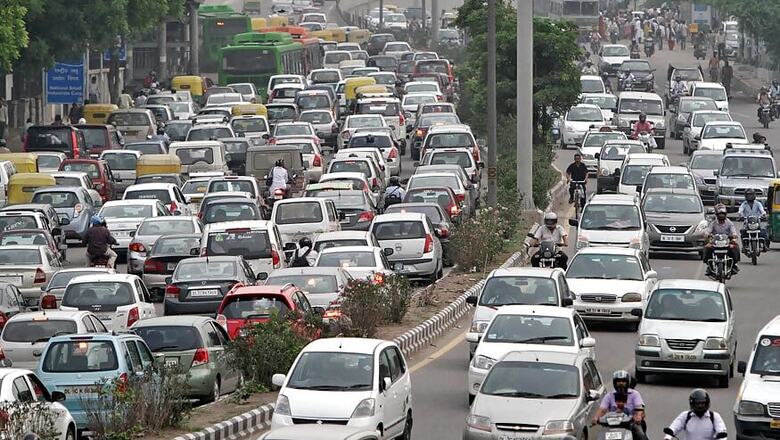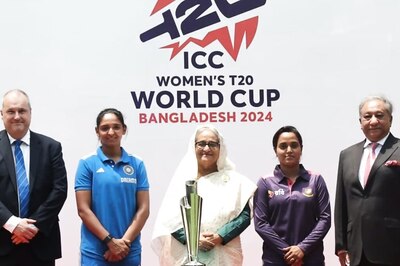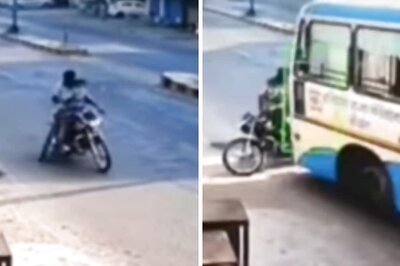
views
New Delhi: The Supreme Court on Tuesday expressed its displeasure that Delhi Traffic Police has selected only five out of 77 spots for traffic decongestion project in the national capital and wondered why there was no plan about new metro lines which would become operational.
The apex court said that the authority cannot take only five spots out of 77 sites, identified by a task force, in the national capital for traffic decongestion project.
"You also have to plan this in accordance with the metro. There is absolutely nothing about the metro services. There is no planning as to what will happen when new lines of the metro will start," a bench comprising justices Madan B Lokur and Deepak Gupta said.
Advocate Wasim A Qadri, who was appearing for the Delhi government and Delhi Police, said that recommendation of task force for removal of traffic congestion would be implemented in New Delhi.
"We are not prepared to accept such bald statements," the bench said.
Advocate Aparajita Singh, who is assisting the court as amicus curiae in the matter, said that the authorities have to explain as to why only five spots have been selected so far for the decongestion project.
Qadri said that 28 traffic corridors were required to be considered and the process of construction of flyovers and underpass in the city would take time.
He referred to the traffic congestion at Dhaula Kuan intersection, Sardar Patel Marg, 11 Murti Road and Panchsheel Marg here and said that appropriate steps would be taken. However, the bench questioned the process of selecting only five out of 77 spots and observed, "you are saying that NHAI (National Highways Authority of India) has to do this, someone else has to do that. What you have to do? You cannot say we will only file documents in the court."
When Qadri referred to the issue of encroachment, the bench asked, "which encroachment you have removed and when? Tell us."
"The more important plan was scientific diversion of traffic. You have not said anything about it," it said. The amicus suggested the bench that the Delhi Integrated Multi-Modal Transit System (DIMTS) was an expert body on traffic management and they should be asked to devise a plan for traffic decongestion.
The amicus also said this issue raised was similar to the comprehensive action plan on air pollution and both the matter should be heard together.
The bench accepted the submission of the amicus and said the matter would be heard along with the comprehensive action plan which is aimed at reducing the air pollution level in the Delhi-national capital region (NCR).
The apex court was hearing some applications filed in a 1985 PIL by environmentalist M C Mehta who had raised the issue of air pollution in the Delhi-NCR.

















Comments
0 comment